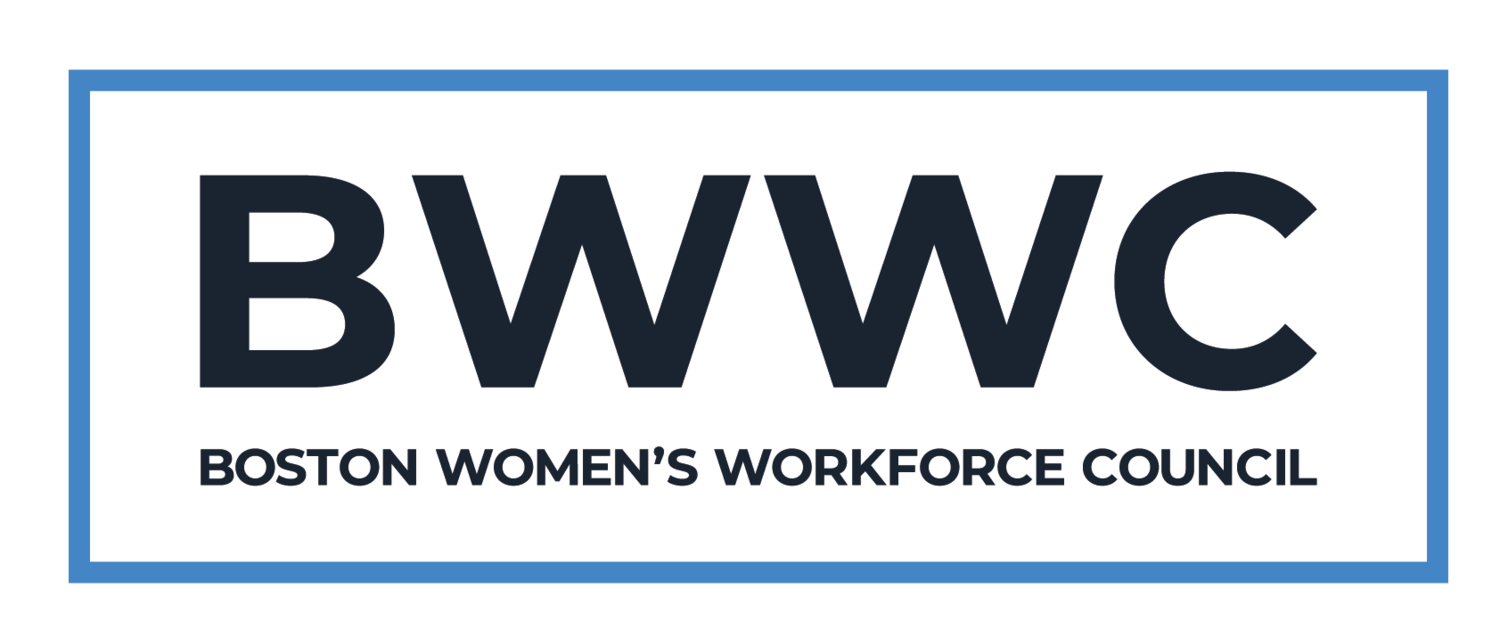Spotlight on Signer Series- YWCA Cambridge
Tell us about your organization.
The YWCA Cambridge’s mission is defined by three specific goals: eliminate racism, empower women, and promote peace, justice, and dignity for all. Though we are part of the larger national YWCA USA network, the Cambridge association was founded in 1891 to address localized issues affecting women and children. Our main focus has been to provide affordable housing and support services for individuals who identify as women and families in need. This has remained consistent since the beginning. As such, we are the largest residential provider for women and provide a safe haven for homeless families in Cambridge. We also organize youth programs and have had great success with programs specifically developed for transgender and non-conforming youth. Our staff is relatively small but mighty with nine full-time and fourteen part-time employees.
Why did you join the talent compact?
We joined the BWWC two years ago with the arrival of our previous Executive Director, Tania Del Rio, in 2021. Tania had previously worked for the Mayor’s Office for Women’s Advancement, where she partnered with the BWWC on issues of pay equity and fair advancement opportunities. One of her first initiatives at the YWCA was joining the 100% Talent Compact as she championed the issue of gender and racial wage equity within our organization. The BWWC helped us realize how important it is to “do the math,” and Tania led the organization through an analysis of our salaries to measure the gaps. Being part of the Compact Signer network means that we are holding ourselves accountable for our own numbers and gaps. We also love being part of the community of other Compact Signers. It is important that we meet and recognize the other organizations that are committed to the same issues and goals that we are.
What are the biggest challenges you face in your organization as it relates to gender and racial wage equality?
Doing our own math as part of a broader salary study helped us realize that we were behind in our numbers and needed to develop an intentional plan to address our own gaps. As a nonprofit, the challenge for us is to find ways to generate funding to sustain our salary needs in a meaningful way. This requires an ability to tell our story about our individual programs and the need for a solid foundation in our administrative budgets to execute and sustain them.
What programs have you developed to promote that directly or indirectly address closing wage gaps in your organization?
As I mentioned, the salary study conducted one year ago has served as a huge catalyst for closing wage gaps in our organization. We have made great progress in doing so, and of course, a big part of our success will be driven by additional funding to increase our employee’s salaries.
We have also become more transparent with our employees and have worked hard to create additional benefits beyond salary. Similar to many other organizations, COVID forced us to rethink a great deal about how we work and provide greater flexibility for our staff as well as how we engage with our clients. One great outcome of all this work is that by strengthening our internal practices and empowering our team, we are better positioning staff to empower our clients. Because so many of our clients are individuals identifying as women, all this great work comes full circle.

